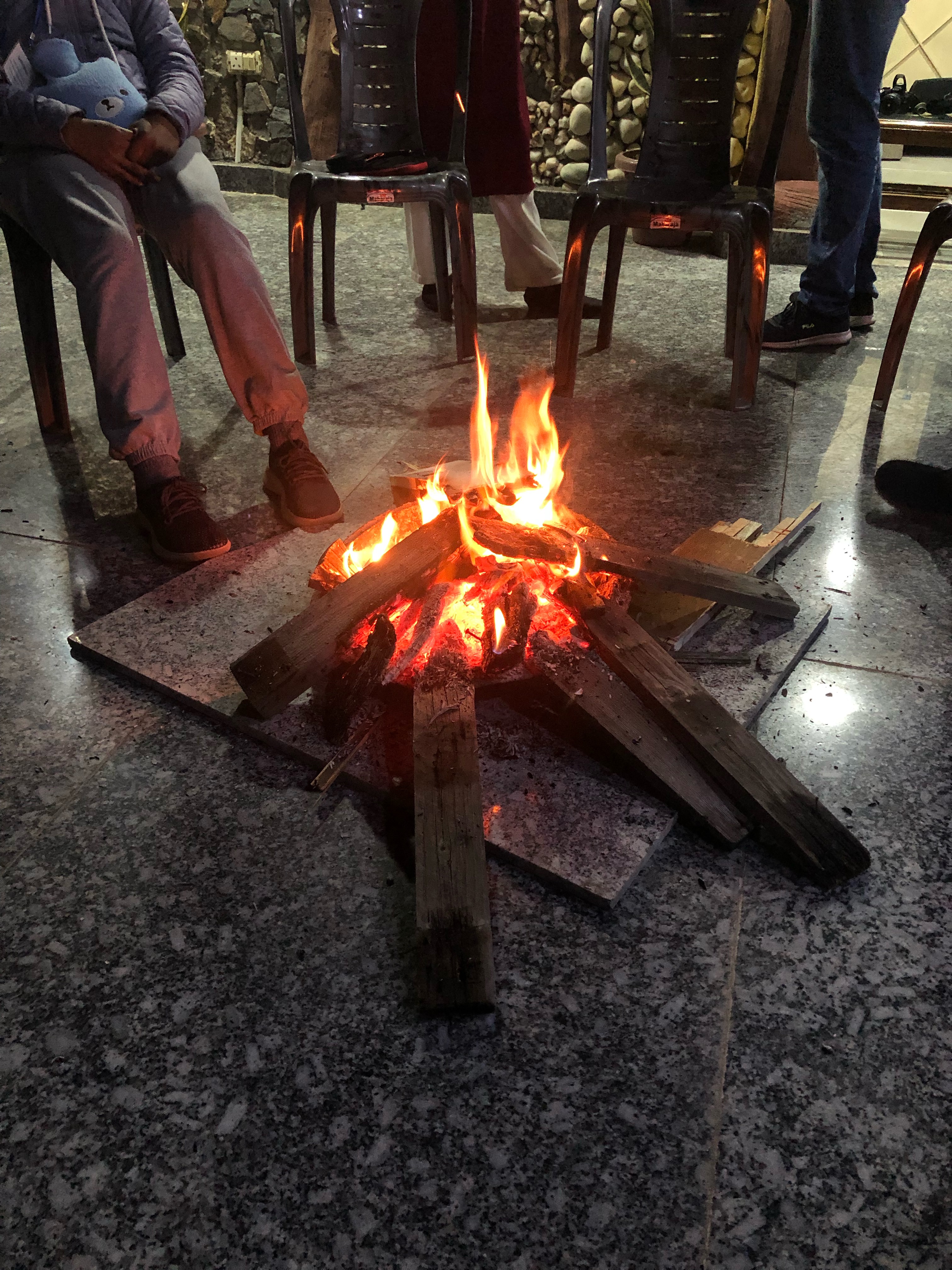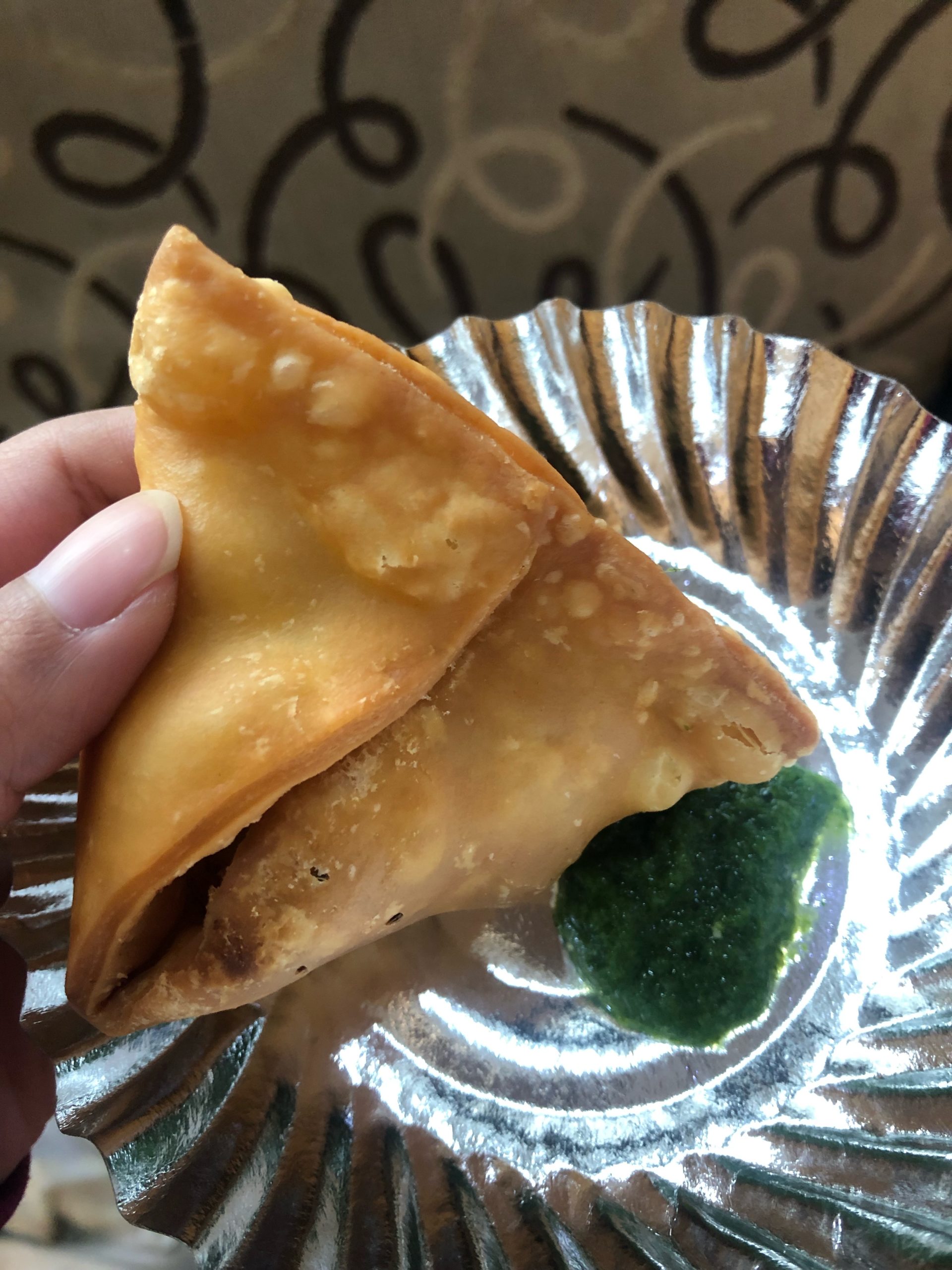We’re ending our first week here in India and our mandatory quarantine. It’s been a challenge trying to get to know everyone, reflect on everything that’s been happening, absorb information presented in class, adjust to my temporary hotel environment, and spend time practicing essential self-care. Although we’ve barely had a chance to go outside other than on the 5-minute walks we take to the other program hotel, I already feel cultural conflict with my established, yet evolving lifestyle. For starters, there is a jet spray next to the toilet that is meant to be used as part of a bidet setup. I used the bidet for the first time at the start of this week and it was an unexpectedly pleasant experience. Instead of feeling like it was wrong in the moment, I felt like it made more sense than my usual practice of using toilet paper. Without getting into too many details, I tested my limits and used the bidet for #2 and felt extremely refreshed afterwards. The only issue I’ve encountered is the odd feeling I get afterward when I have to pull my pants back up right after using the bidet, but I know I’ll get used to it. I’ve felt increasingly comfortable asking questions like how to properly use the bidet, how to say certain words in Hindi, and how to socially navigate having menstruation in India. My program staff and peers are encouraging in practicing vulnerability, curiosity, empathy, and cultural sensitivity. At the start of this week, I felt like my peers were more culturally aware than I am and it made me feel like I was “behind” in acquiring cultural/social capital. Now I know that being at a different level of attaining and applying cultural knowledge is part of being in a study abroad program where I learn from not only locals in each region that we visit, but also my peers who come from diverse backgrounds and hold various identities that inform their perspectives. My new acquaintances have shown me that they’re ready to take on challenges in the outside world together as we learn about the public health system in India from our daily observations during commutes, our classroom sessions, local healthcare and public health experts, and other Indian residents that we may interact with during our travels. I have already had to solve a problem with help from my team in the area of nutrition. I’m a vegan, which means that I don’t consume any food products that contain animal or animal-derived products, including honey, butter, ghee, eggs, and cow milk. Before arriving, I tried researching if India had vegan foods available on the basis of popularity and found out that the country caters efficiently to vegetarians, not vegans. The hotel I’m at has cooks that are open to learning about my dietary restrictions and show their understanding through their actions. They were able to confirm which foods were vegan and even purchased soya (soy) milk for me to use with corn flakes and chai. I was able to solve my problem by expressing my own personal values and customs without feeling that I was attacking someone else’s. Moving forward, I want to continue communicating my preferences in a way that is respectful of other people’s individual customs and attempts to reach a mutually beneficial common understanding. – Luz Alfaro | January 31, 2022


